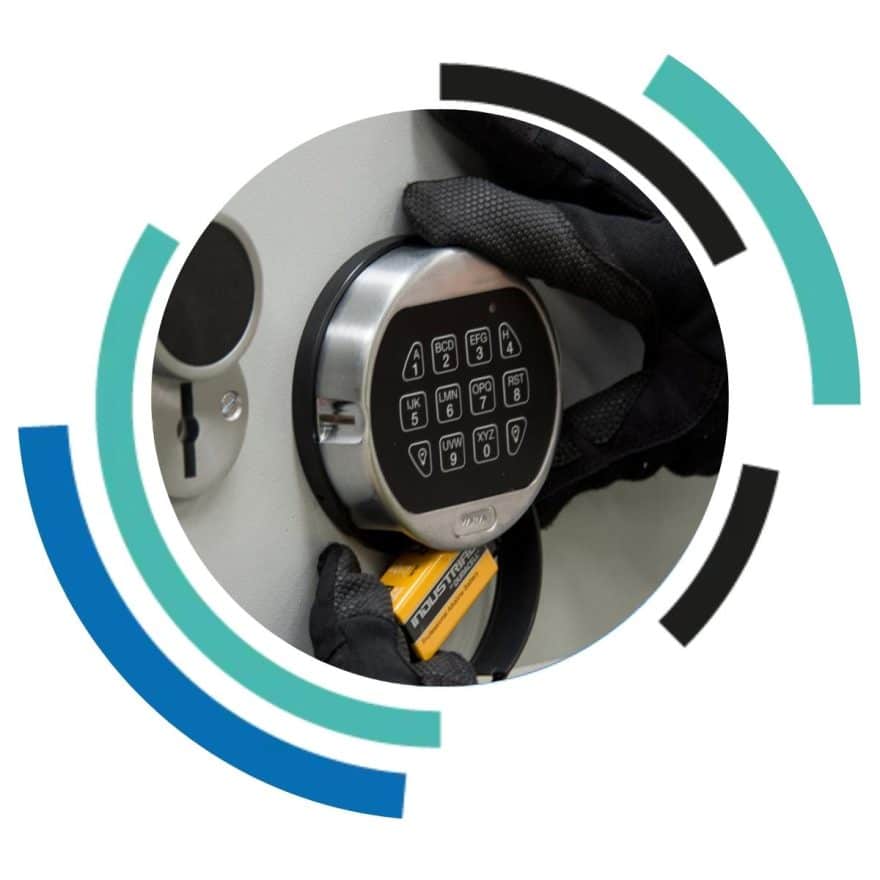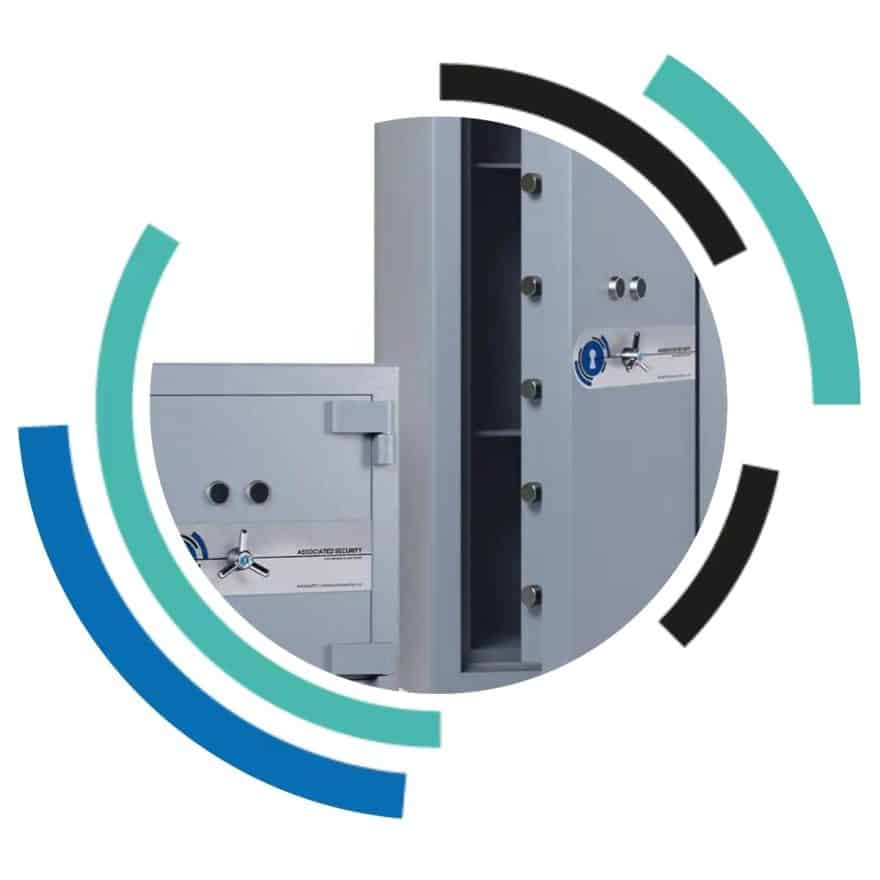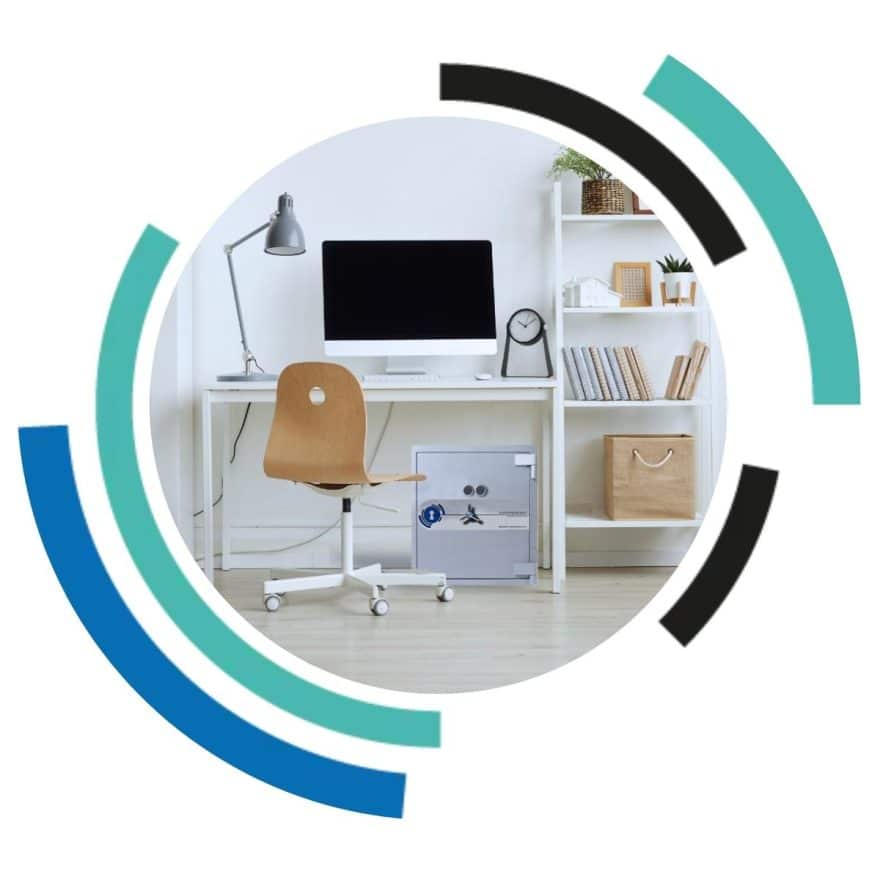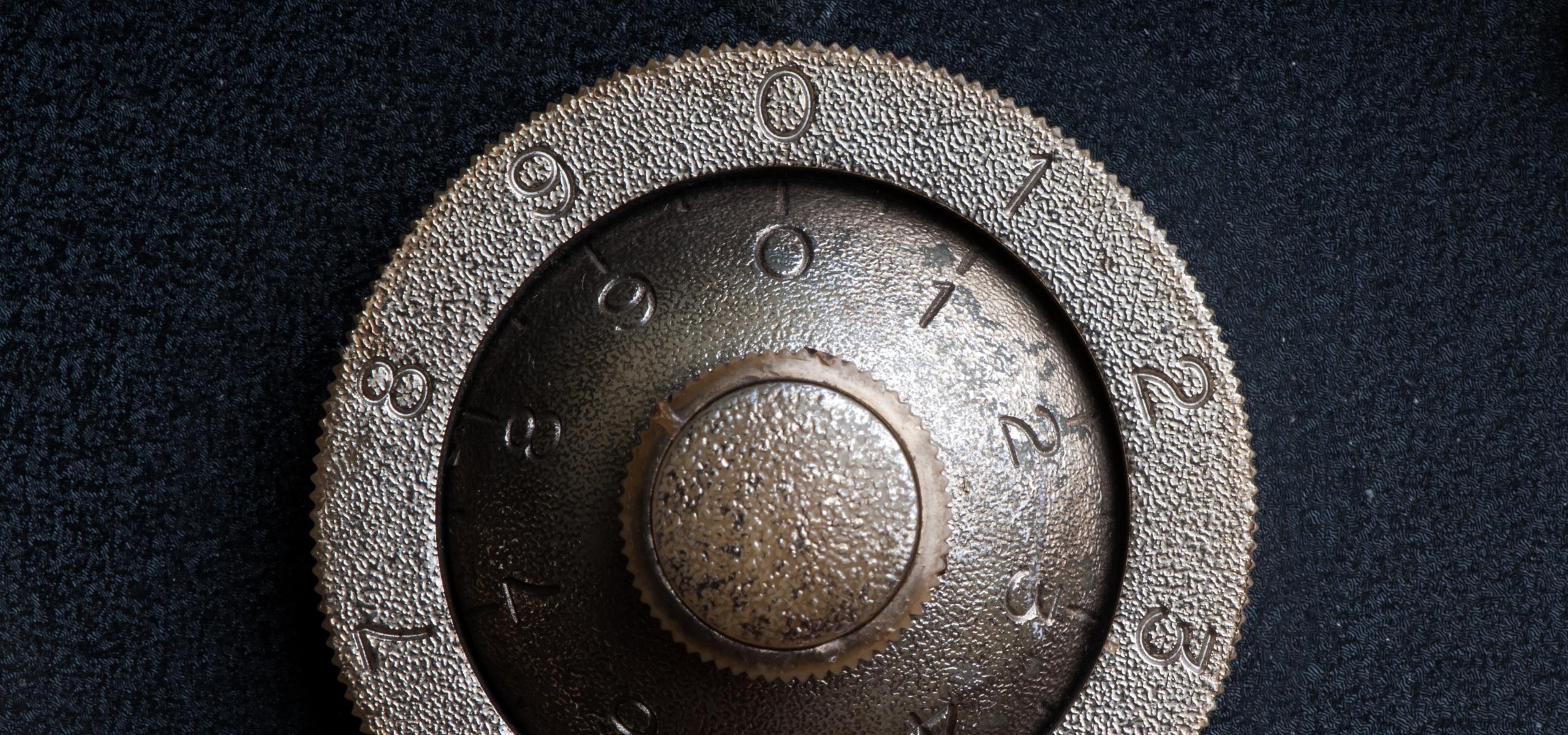Associated Security News
What are the different types of safe locks available?
15th December 2020
Choosing the right home safe or commercial safe can be daunting enough as it is if you’re not sure what you need, but then adding various safe lock choices on top of that?
Without someone who really knows what they’re talking about here to help you out, you’re probably going to be a bit lost…
So, I guess you’re in luck because we know everything there is to know about safe locks and we will gladly share this information with you.
The different types of safe locks
Manual Safe Locks (Key Locks)
This is the standard option that tends to be offered. A Manual Safe Lock (or a key lock in simpler terms) comes supplied with 2 keys and couldn’t be easier to use. These locks are extremely high-quality and very durable, plus they’re perfect for those of us who may not be the best at remembering numeric passcodes…
Key locks are perfect for home safes or small business safes where there isn’t the need to allow multiple different people access so you need not worry about someone misplacing the key.
Electronic Safe Locks
There are so many different types of electronic safe locks (or digital safe locks as they’re sometimes called), all offering different features. Basic electronic safe locks are an ideal solution for home security measures – if remembering a code is easier for you than keeping track of a key, but there are also several highly advanced electronic safe locks. These advanced locks can be programmed to have over 100 users, time delay functions, courier overrides, master codes and even audit trails to keep track of when the safe was accessed and by whom (so if something goes missing, it’ll be a fairly simple whodunit to solve).
Electronic locks work simply through entering the correct code – normally a 6-digit combination. With the variety of features available with these locks, they’re suited for so many different settings.
Combination Safe Locks
I’m sure you’re all pretty familiar with what these locks are. This is the type of lock on every single safe in the media and I can guarantee you’ve seen at least one clip of someone ‘cracking’ the code with a stethoscope.
Well, it’s not really that simple…so don’t worry about that, if you opt for a combination safe lock, the chances of a common burglar being able to get this method to work are slim to none at best.
These locks can have over one million possible combinations – so it’s also going to be near-impossible for someone to guess your code. Maybe you’re wondering – how do combination locks work? Well, firstly, they are comprised of different sets of wheels – we offer a 3-wheel & a 4-wheel lock – the different amounts of wheels equate to how many numbers are in the combination. The principle of these locks is that the dial is connected to a spindle, which then runs through the wheels and a drive cam – when the dials turned, the spindle turns the drive cam.
Essentially, there is a pin on the drive cam & notches within each wheel – when the correct combination is used, all of the wheels and the notches within them align, unlocking the safe door.
Biometric Safe Locks
Another option you may have seen within the media, maybe not specifically on a safe, but definitely on security doors or vaults. Sometimes in these TV shows & movies, they use iris scanners or full hand scanners, but the most common that you’ll actually see is a fingerprint scanner.
But how do biometric locks work? These simply work by scanning your unique fingerprint – which is generally stored on a connected electronic device, fingerprints are pretty difficult to replicate or alter so as long as someone doesn’t have access to your hand you’ve got peace of mind no one who isn’t authorised is getting in.
Not only do you have the peace of mind that only people with authorisation can access your safe, but you also don’t really ever have to worry about losing a key or forgetting a code.
Granted, with electronic safe locks & biometric safe locks you’re normally provided with an override key – this is for if the batteries die (the lock will beep when it’s running low on battery, so this shouldn’t be an issue), or if the electronic components somehow break – so you will want to keep a good hold of that emergency key just in case.
So, what do you need?
Tell us what the purpose of your safe is – is it for home security or business security use? Who is going to need to access it? But don’t forget your preference too – we’ve got so many solutions, or failing that if you’re just looking for some guidance, an extensive amount of knowledge to just advise on what we think would best meet your needs.
Get in Touch
Make an enquiry
PLEASE NOTE: Emails are monitored during normal office hours only. If you require urgent attendance of a locksmith or safe engineer please call our help desk on 0161 832 2777.



